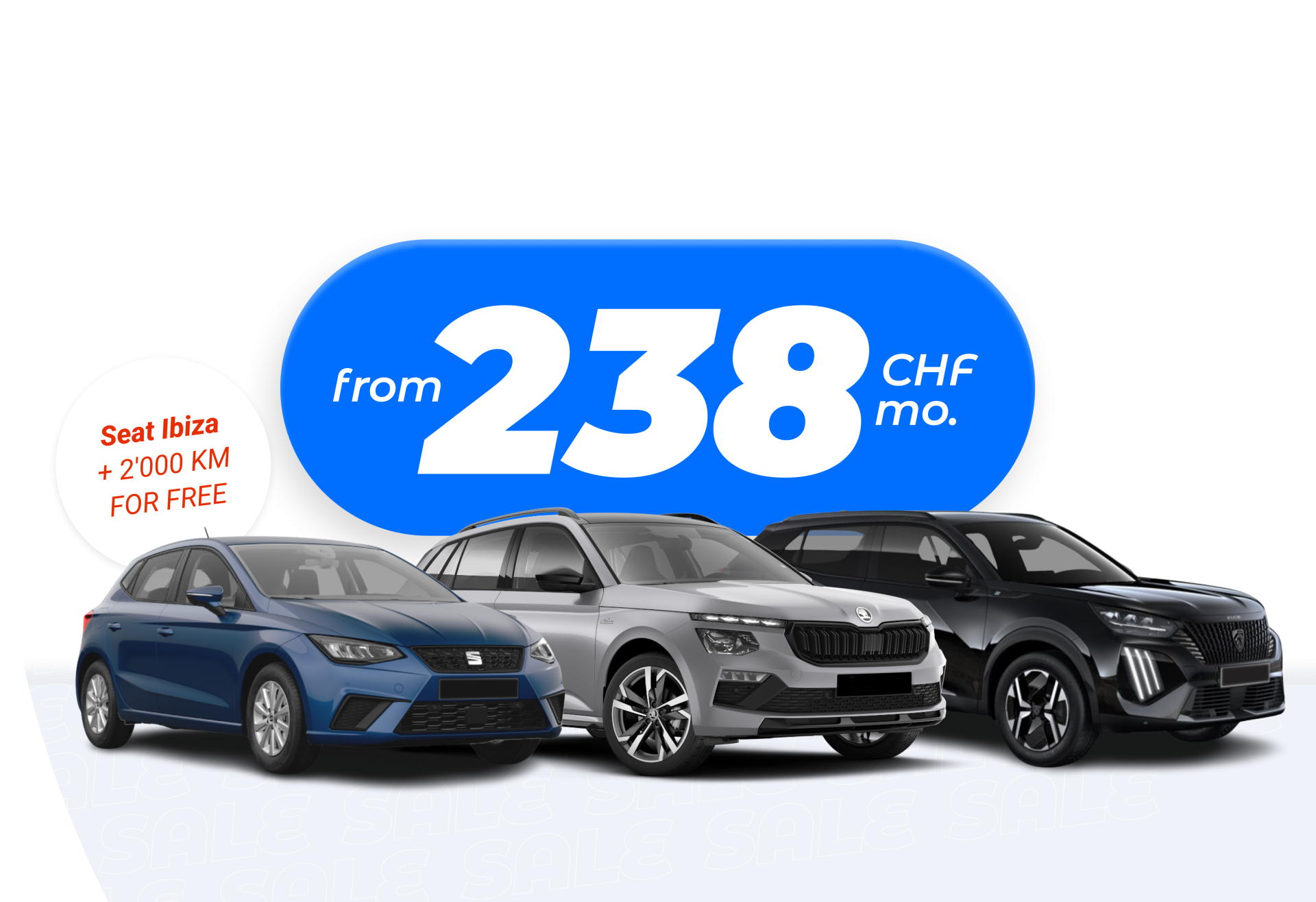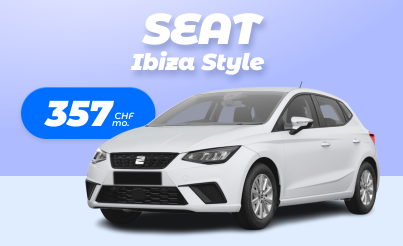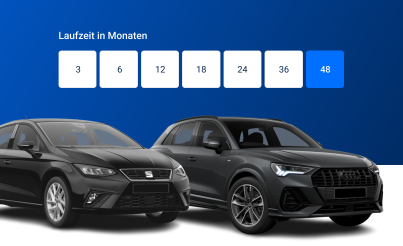Leasing can be an interesting way for expats to use a car in Switzerland. However, it is important to understand the challenges, advantages and disadvantages of leasing. We'll show you what to look out for and why a car subscription could be the perfect alternative for you.
Grüezi and welcome to Switzerland!
As a newly arrived expat, you are probably facing many new challenges and decisions. One of these is the question of mobility. Even though Switzerland has one of the best public transport networks in the world: Having your own car offers additional freedom and independence that many would not want to do without. Leasingseems to be an interesting option, especially for expats who are often only in the country for a limited period of time. But is that even possible?
Requirements for leasing as an expat
The short answer: Yes, leasing is generally available to expats. However, there are a few things to keep in mind:
Many leasing providers require expats to have a valid employment contract.
You need a place of residence in Switzerland
and a B residence permit valid at least until the end of the contract period.
If you fulfil these requirements, nothing stands in the way of leasing. But before we talk about the advantages and disadvantages, let's briefly explain how leasing works in Switzerland.
How does leasing work in Switzerland?
With car leasing, you rent a car for a certain period of time (usually 3-4 years) and pay a monthly leasing instalment. At the end of the term, the car is returned to the dealer or leasing company, while in some cases it can also be purchased. We have summarised all the important information about leasing in Switzerland on this page.
Tip: Compare the offers from different providers and pay attention to the contract details, especially the kilometre allowance and the residual value regulation.
Why it's not worth buying a car as an expat
Leasing has decisive advantages over buying a car, especially for expats:
Cheaper option: leasing can be cheaper than buying a car, especially for a short period of use.
Low start-up costs: Compared to buying, the start-up costs of leasing are significantly lower.
No residual value or resale risk: You bear no risk for the residual value of the car at the end of its term.
Disadvantages of leasing
No advantages without disadvantages - this also applies to leasing. The five biggest are:
Unclear total costs: the monthly leasing instalment may seem cheap, but it usually only includes the use of the vehicle. Maintenance, insurance, taxes and other expenses such as tyres have to be paid additionally. This makes it difficult to plan the actual monthly costs.
Fixed terms and contractual penalties: Leasing contracts are usually long-term. If you leave Switzerland earlier than planned, you cannot cancel the leasing contract without paying a penalty, which is usually high. This makes leasing not very flexible.
Additional costs for increased kilometres: When leasing, you specify the kilometres in advance and can no longer change them once the contract has been signed. Make sure that they correspond to your actual driving behaviour, otherwise it can become expensive. If you are unsure about the length of your stay, only sign the leasing contract for the minimum period and extend it if necessary.
Bureaucracy takes time: In order to be allowed to drive your leased car, you first have to redeem it at the road traffic office. This can take several days or even weeks, so it's important to prepare well in advance. This will save you a lot of frustration.
Costs for insurance and maintenance: With your leased car, you are responsible for insurance, maintenance and tyre management (changing and storage). When leasing, you are responsible for insurance, maintenance and tyre management. Thus, find out about the costs in advance so that you can better calculate your leasing instalment.
Car subscription as the ideal solution for expats
In recent years, car subscriptions have become increasingly popular, especially among expats. After all, it offers the same advantages as leasing and also the advantages that leasing does not have:
It's flexible in terms of duration and kilometres and cheaper than leasing.
As with leasing, you also pay a monthly flat rate with a subscription, but this already includes all the costs for the car (financing, insurance, maintenance, taxes, etc.). This makes the costs predictable.
At the end of the term, you can usually simply continue to drive the car and cancel it each month. If you move away from Switzerland before the end of the term, you can cancel the contract at no additional cost.
You can find out more about car subscriptions for expats in this blog article.
SALE
Various models at reduced prices: Get a non-binding offer now and save in the sale.










